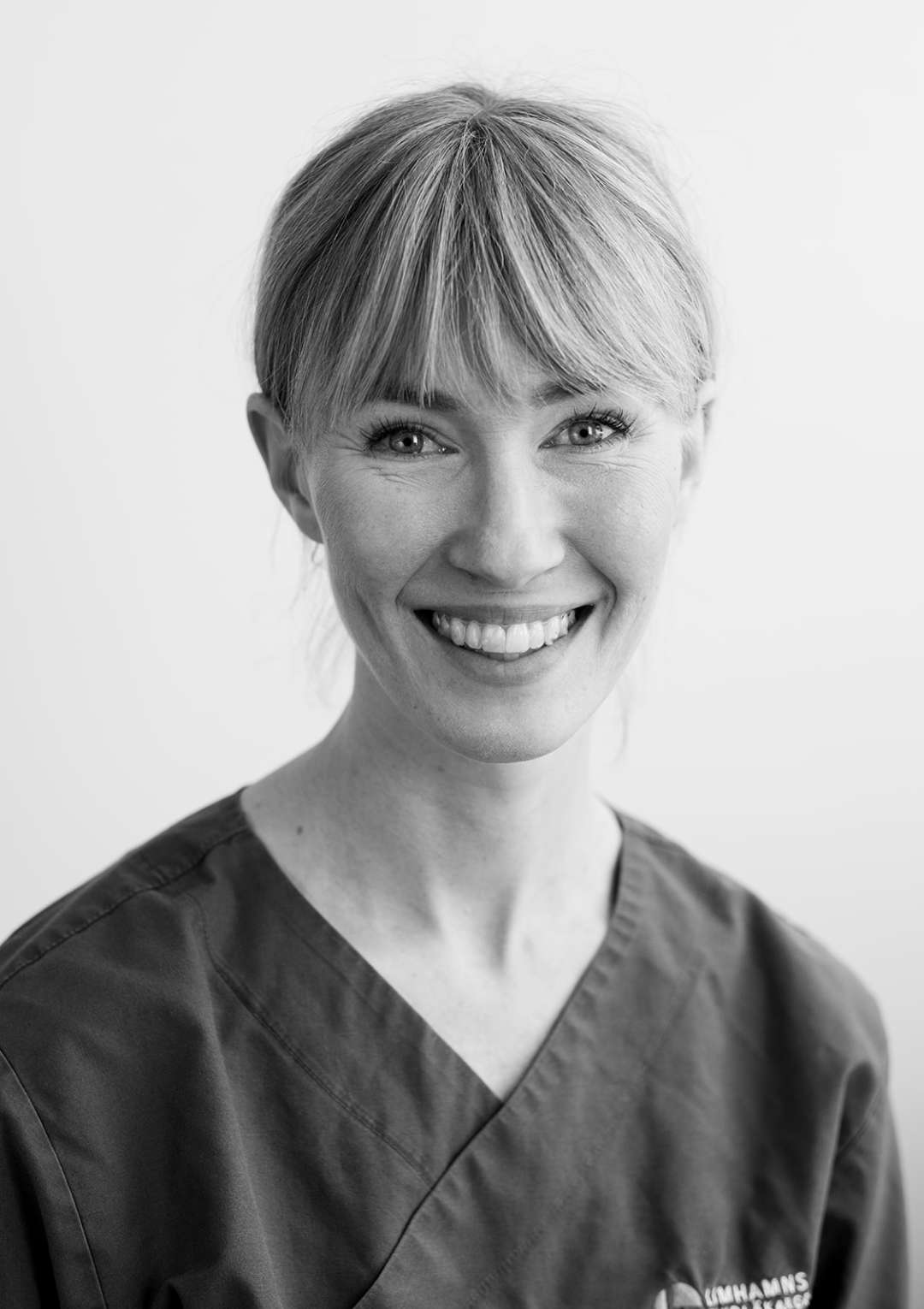What do you think is the best thing about being able to offer intravenous (IV) sedation to dental patients?
This gives us a great opportunity to help patients with dental fear and anxiety to undergo treatments that they would otherwise not be able to do. Patients who have not been able to drink sedatives have in the past either had to wait a very long time for hospital dental care or, in the worst case, have not sought dental care and treatment at all. These patients can now have a less positive experience with us without long waiting times.
What are the main advantages of IV sedation versus general anesthesia?
That the recovery for the patient is much faster. It carries fewer risks compared to general anesthesia, and we can have shorter waiting times compared to hospital dentistry.
How long treatments can be performed with IV sedation?
About 2-2.5 hours
Are there any diseases/aspects that may hinder the possibility of IV sedation?
Some diseases do not allow us to provide IV sedation at our clinic. This includes obesity, certain diseases of the heart, lungs, nervous system, etc. If you have previously had certain problems under general anesthesia, for example with the airway, we cannot safely administer IV sedation at our clinic. You will be asked to complete a health declaration before you are approved for IV sedation to ensure that we can perform this as safely as possible. Unfortunately, we are not able to treat children under IV sedation at our clinic.
How long does it take before patients can leave the clinic?
The length of time you are tired afterwards varies, but most people are able to leave the clinic 15-30 minutes after treatment. You usually feel good afterwards. If you are prone to nausea or motion sickness, you may be given extra medicine during treatment to prevent this.
Tell us a little about yourself and your background
I have been a specialist in anesthesia and intensive care (anesthesiologist) since 2020. In addition to Limhamns Tandläkargrupp, I also work at the hospitals in Hässleholm and Kristianstad and at Atleva Handcenter in Malmö.
If you have any questions or concerns about dental anxiety and treatments with IV sedation, you are welcome to email: info@ltg.nu

